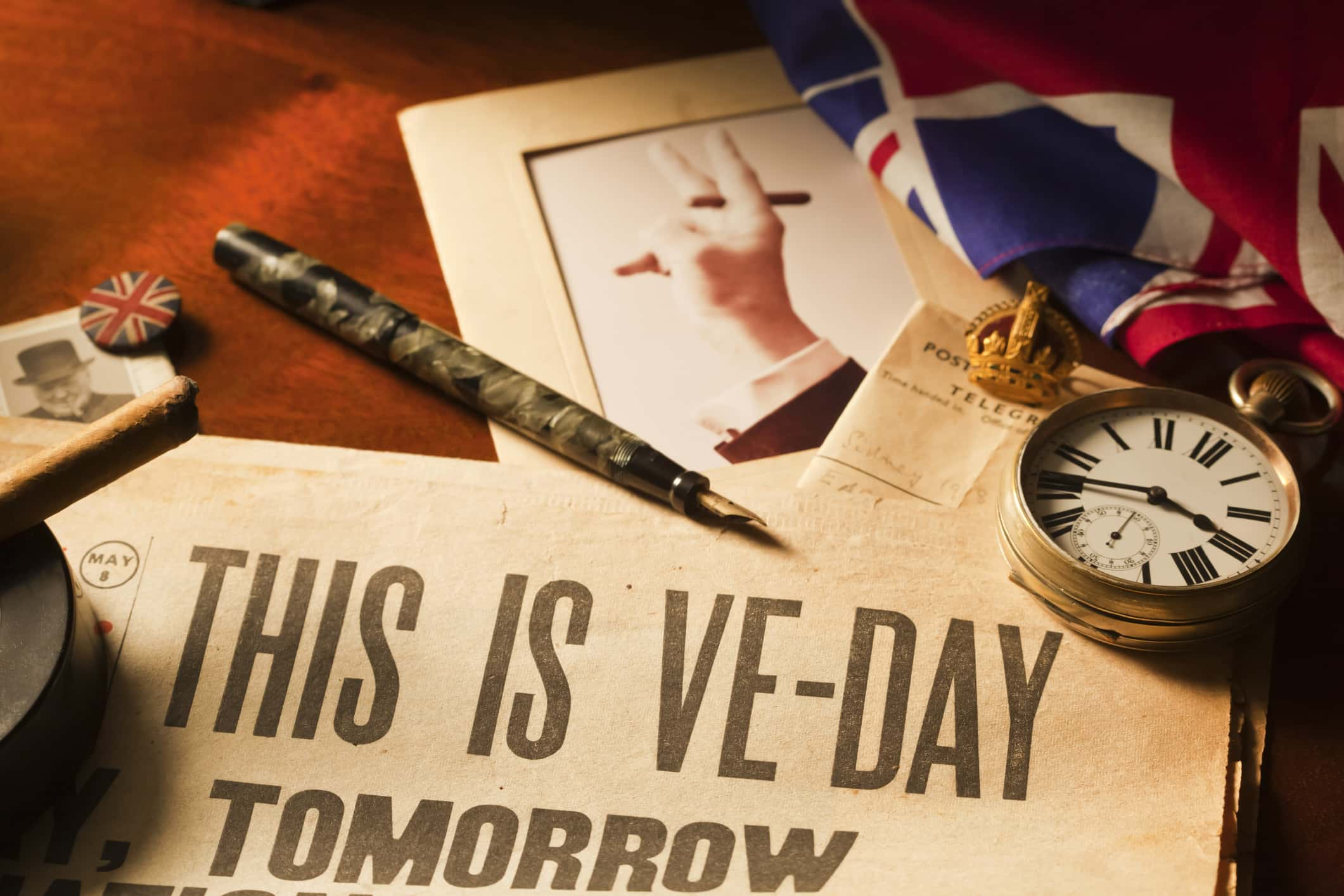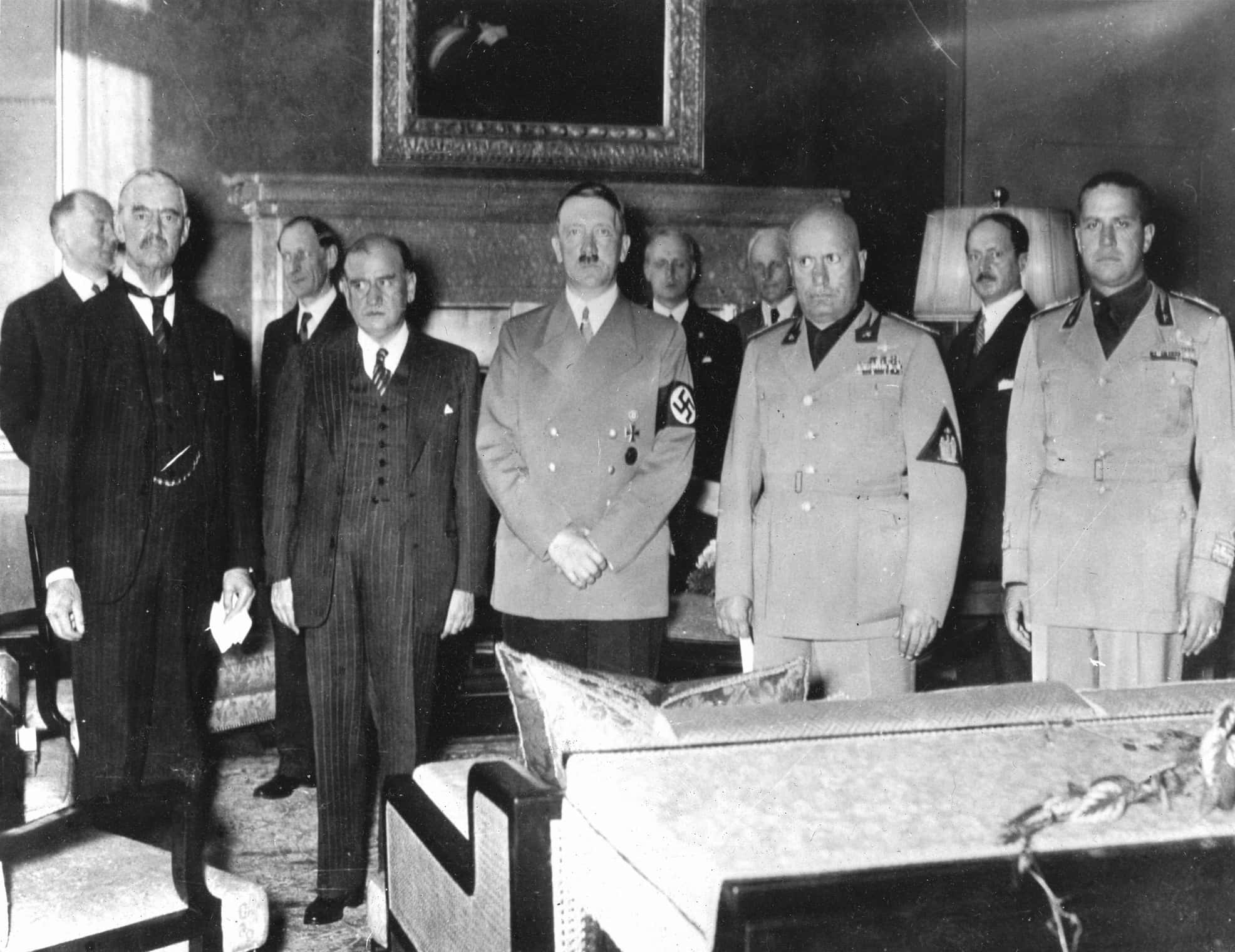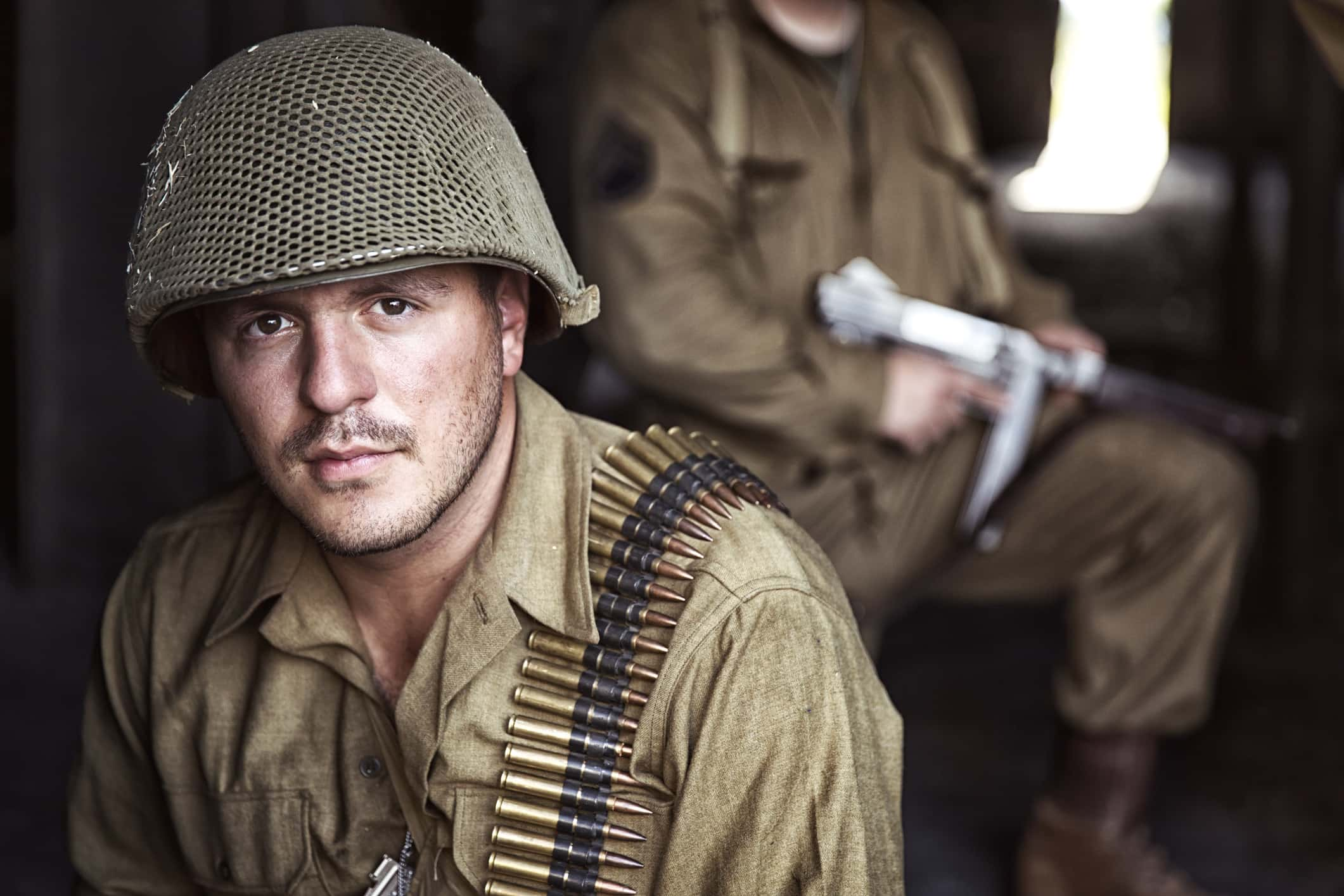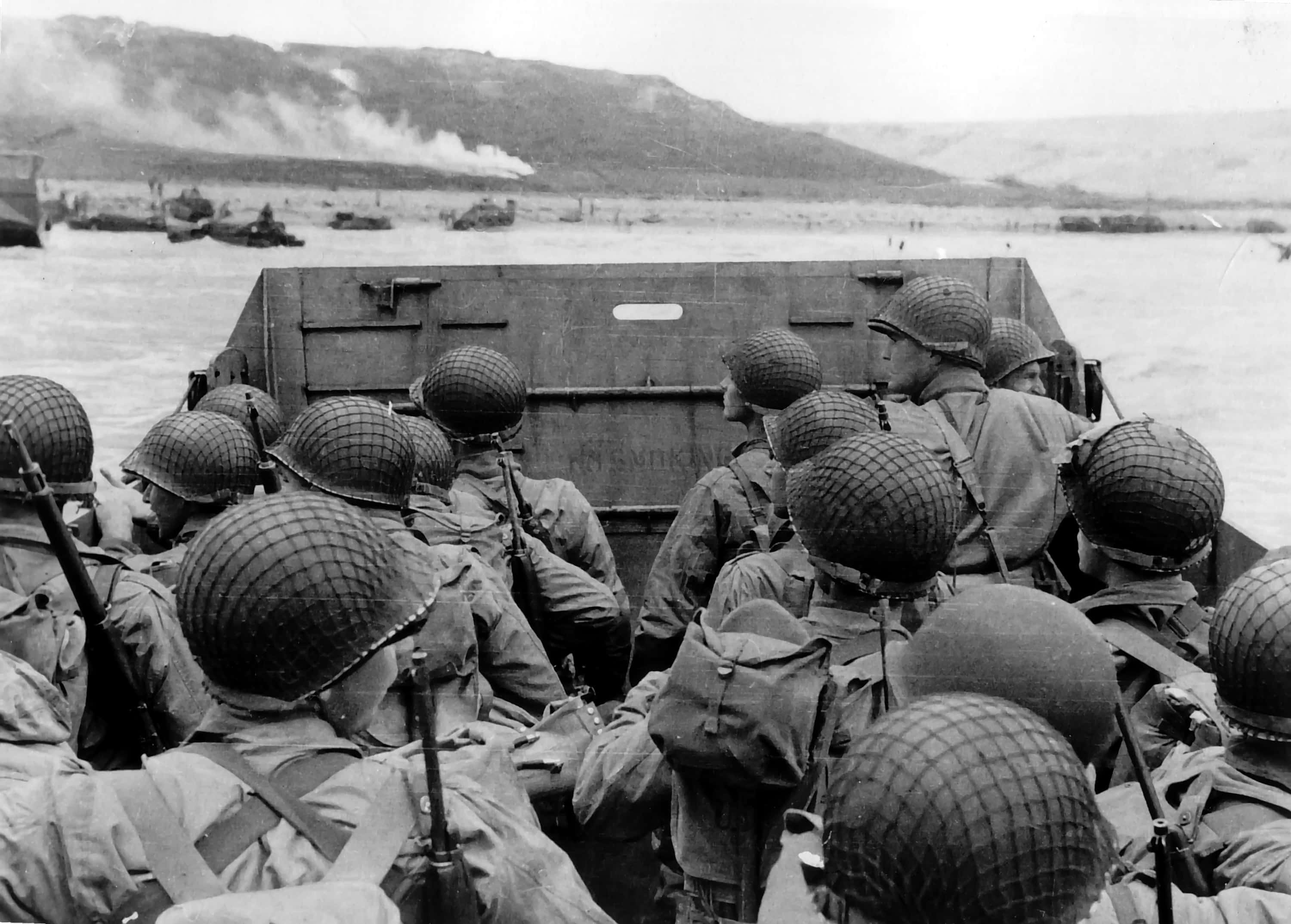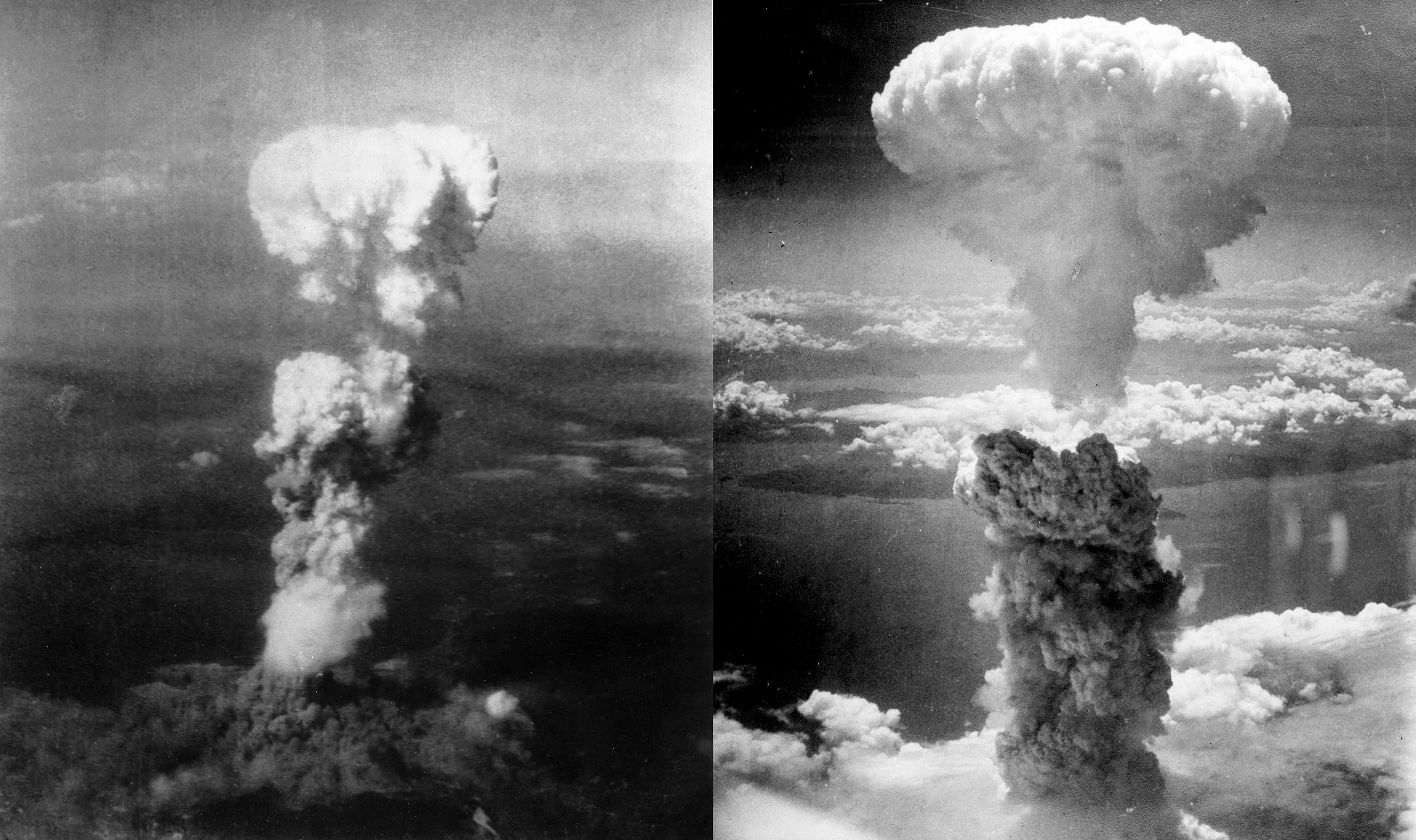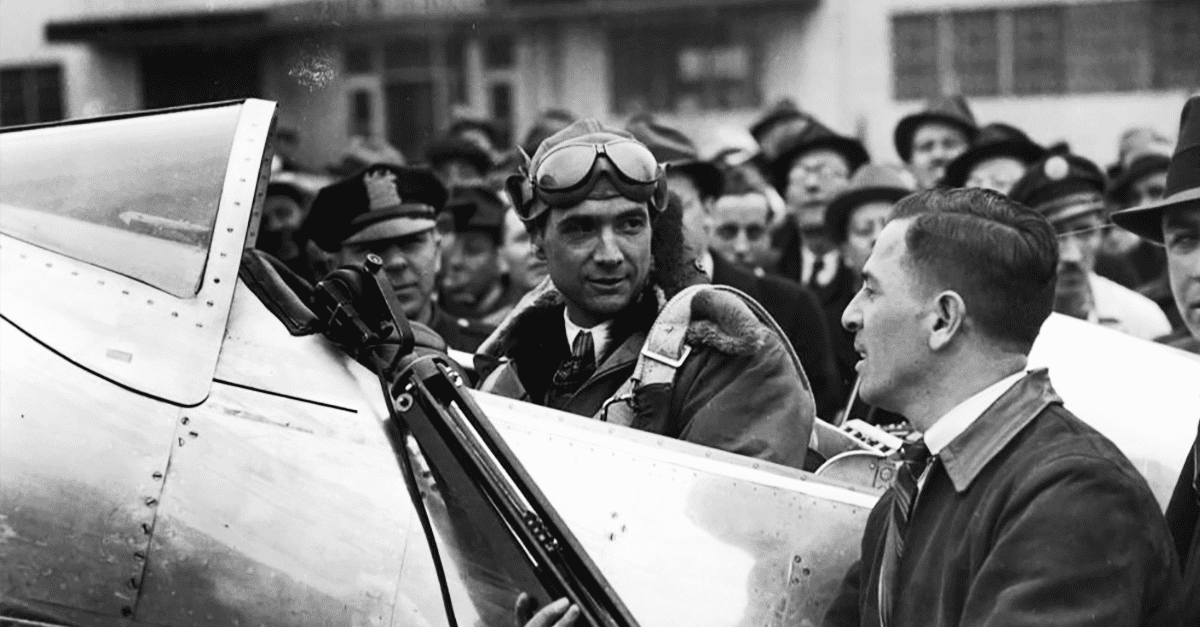On Tuesday, May 8th, 1945, the Daily Mail in England had the words: VE DAY—IT’S ALL OVER written in huge, bold letters across its front page. All across the Western world, similar headlines were printed. But was it all over?
In America, the New York Times had a similarly jubilant but less all-encompassing headline: THE WAR IN EUROPE IS ENDED! SURRENDER IS UNCONDITIONAL. That’s because May 8th, or Victory in Europe (VE) Day, as it’s come to be known, wasn’t the end of World War II. In fact, it’s not even unanimously agreed to be the day that the war ended in Europe.
Because World War II was one of the largest and most complex wars in history, it couldn’t simply end in an instant, like flipping a light switch. While pictures of crowds dancing in the streets on VE Day are a fond memory, WWII was not yet over. There were still months of bloodshed ahead...
Like Dominoes
As 1945 began, the Axis powers in Europe were hemmed in by massive armies, and defeat was all but certain. By the spring, the Allies had taken 1.5 million Axis soldiers prisoner. They had also begun liberating the Nazi concentration camps, and the horrific extent of the Holocaust began to become known. The end seemed nigh.
On April 28, Italian dictator Benito Mussolini was executed, and his body was hung in the Piazzale Loreto in Milan. The Italian armed forces surrendered soon after. Less than a week later, on April 30, as Russian troops surrounded Berlin, Adolf Hitler committed suicide alongside Eva Braun, his wife of fewer than two days. Hitler was aware of Mussolini's demise, and hoped to avoid a similar fate.
Yet, while Hitler and Mussolini were dead, the fighting was not yet done. The Axis armies were active all across Europe, under many different commanders, so it took many surrenders before the Allies could officially claim victory. It had begun in Italy, when Heinrich von Vietinghoff signed a document surrendering his forces on April 29, the day before Hitler’s suicide. Days later, on May 2, nearly a million soldiers in Italy and Austria officially surrendered.
Soon after that, on May 6, Hitler's second-in-command Hermann Goering surrendered to the American General Carl Spaatz. Finally, Karl Doenitz, the man left in charge of Germany after Hitler’s suicide, agreed to the complete and unconditional surrender of all German forces. This was written up and signed on May 7th, in a document that included the line: “All forces under German control to cease active operations at 2301 hours Central European Time on May 8, 1945.”

Sign up to our newsletter.
History’s most fascinating stories and darkest secrets, delivered to your inbox daily. Making distraction rewarding since 2017.
Victory at Last?
The Allies had done it, and it was finally VE Day…well, mostly. While the Western Allies accepted the Germans’ surrender on May 8, the Soviets insisted that they receive their own surrender, which they did a day later. So today in Russia, the day celebrated as the end of WWII in Europe (or the Great Patriotic War, as it was called in the USSR) is May 9.
This small quirk aside, it was official. After more than half a decade of brutal warfare, the war in Europe was over. But this was a world war, and it spread much further than Europe. The Axis consisted of three nations, and while Germany and Italy were defeated, Japan fought on.
The Japanese refused to agree to an unconditional surrender like the other Axis powers. While the war was clearly lost, they believed they were in a better position, and that they could receive more favorable terms. It was at this point that Harry S. Truman, who had been President of the United States only since April, weighed his options. Truman knew that a full-scale invasion of Japan would almost certainly result in many, many more military and civilian casualties. To avoid this, he authorized the use of America’s newest, most terrible weapon.
Destroyer of Worlds
On August 6, the atomic bomb known as Little Boy was dropped on Hiroshima, Japan. It caused destruction unlike anything the world had ever seen, killing over 100,000 people. Even so, the Japanese indicated they were still determined to fight on, so on August 9, another atomic bomb, this one known as Fat Man, was dropped on Nagasaki. Another 40-80,000 lives were lost.
Around the same time as the bombings of Hiroshima and Nagasaki, the Soviets invaded Japanese-held Manchuria and defeated their forces there. With this final blow, it became clear that the Japanese no longer held the advantage they had perceived. They informed the Americans of their surrender on August 15, and officially signed the surrender documents on September 2, on the deck of the USS Missouri.
VJ Day, or Victory over Japan Day, was finally the end of World War II, but even that is not so simple. Because of the time difference between Japan and America, while the Japanese technically surrendered on August 15, the announcement happened on August 14 in the US and the rest of the Americas—that’s why the iconic picture of a sailor kissing a nurse in Times Square took place on the 14th, not the 15th.
But remember, while people were celebrating for weeks at the time, the surrender wasn’t officially signed until September 2. So now we have April 29, May 6, May 7, May 8, May 9, August 14, August 15, and September 2, 1945. The death of Hitler. VE Day and VJ Day. You see, ending the war really was no simple handshake.
Though the writing was on the wall for the Axis powers early in 1945, it took many months of battles, negotiations, and the use of the deadliest weapons ever created to finally end World War II—but eventually, peace was achieved. Next, of course, the world was forced to deal with the war’s devastating aftermath.


